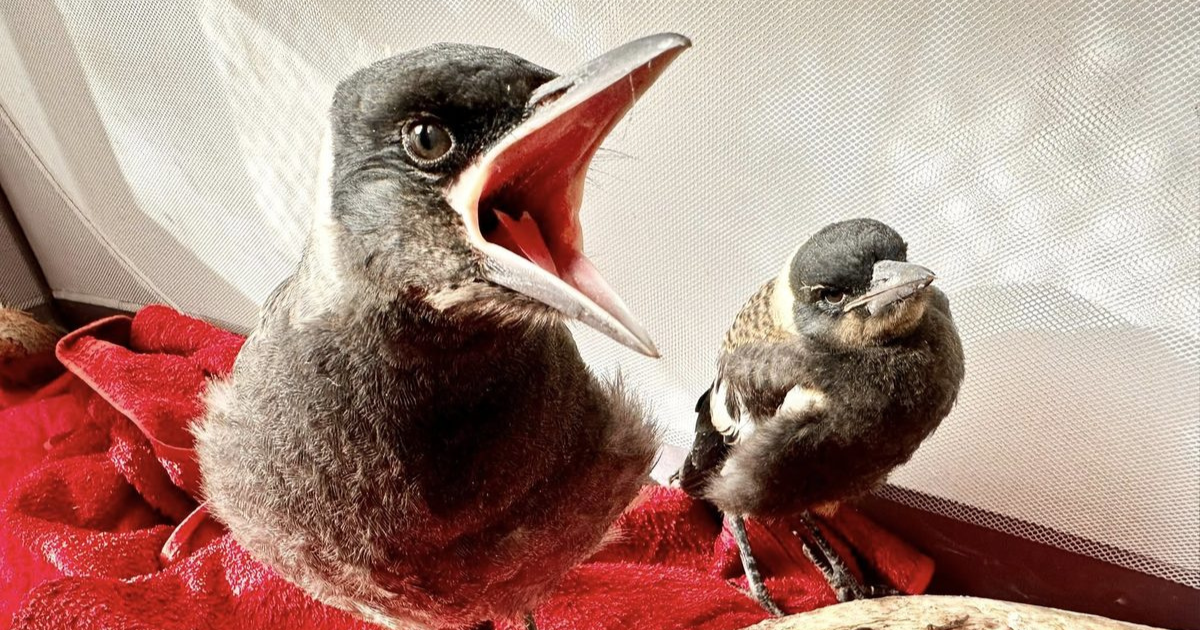Mikro thinks global, acts local

Mikro's Valeri Tkatchenko plans to stock at least 50 per cent Australian grown coffee by next year. Photos: TIM LAMACRAFT
TORQUAY caffeine fiend Mikro Coffee Roasters is now carbon neutral, one of several steps the local business is taking to reduce its environmental footprint and produce a more ethical product.
A push to use more local product is also on, with director Valeri Tkatchenko trialling beans from several Far North Queensland growers and has now secured direct trade deals for greater volumes.
“We’re currently at around 15-20 per cent Australian coffee, our goal is 50 per cent or more,” he said.
Most of the Mikro’s coffee comes from Brazil and Mexico, some from Ethiopia and Honduras, but Mr Tkatchenko has watched the commodity steadily rise in price due to increased shipping, production and fertiliser costs and a relatively low Australian dollar.
Buying Australian beans isn’t necessarily cheaper, he explained, but it has other benefits like less carbon miles.

“The way the world is going it just makes sense to go local, and it supports Aussie farmers.”
In an industry typified by waste, he’s well on the way to phasing out and replacing non-biodegradable plastics with a water-soluble starch product, is selling compostable coffee pods, has found a company that makes paper packaging for coffee beans and has used plastic and toxic glue free cups and lids for years.
“The frustrating thing is packaging of alternative milk products, they say they’re recyclable but they’re really not, it’s one of the biggest challenges.”
The overwhelming amount of the company’s carbon emissions come from gas, used for roasting beans.
To offset that, it’s switched energy suppliers to one that’s carbon-neutral certified and has now purchased enough Australian carbon credits to achieve the same status for Mikro.
“It’s becoming almost a responsibility on business to do these things, if you can then why not?”

Details of the transitions are being documented on Mikro’s website; the carbon credits for example are helping fund an indigenous co-benefit scheme that’s reforesting parts of the Northern Territory.
The business has also just become a paid member of 1% for the Planet, a global initiative where businesses commit one per cent of their sales back to the environment.
The next step is achieving B Corp Certification, a process that will require Mikro to demonstrate its high social and environmental performance on a range of measures like employee benefits and charitable giving to supply chain practices and input materials.
Estimating the cumulative cost of all the changes to the business at five per cent of annual turnover, Mr Tkatchenko said it’s not a matter of if, but when, others will follow suit.
“We’re trying to do the right thing early so we’re ready…it’s going to be like this everywhere.”

















